Iran has announced the first execution of the current crop of protestors. Mohsen Shekari, who was just 23, was hanged earlier today after having been found guilty by a revolutionary tribunal of moharebeh, a crime which means ‘enmity against God’.
Other protestors have been charged and convicted of crimes like fasad-fel-arz (‘corruption on Earth’) and baghy, which means ‘armed rebellion’. Both of those carry the death penalty, so it seems likely that more executions will soon follow. Shekari’s killing is intended to frighten those who face these charges and to dissuade demonstrators from taking to the streets at all. But will it work, as the tide of anti-government feeling continues to swell in Iran?
Shekari was accused of being a ‘rioter’. It was said he blockaded a main road in the capital Tehran in September and that he wounded a member of a paramilitary force – the Basij – with a machete. These allegations are almost certainly fabricated. It is widely known that the Iranian state uses courts and punishments more as a way of sending messages of terror than justice.
Shekari’s death is simply a warning and a token of what is to come
When it has executed people in the past, like the former wrestler Navid Afkari, it has done so for transparently political reasons. Afkari protested against the government in 2018, but he did not murder a security guard as he was later accused of doing. His execution in 2020 was completely out of the blue and unjustified. The purpose was to put the fear of God into those who were demonstrating against the government at that time.
Something similar appears to be happening in the case of Shekari. But while it is clear Iran is trying to send a message with this execution, much of the coverage of what is unfolding on the streets of the Islamic republic is misconstrued.
Take the vote in the Iranian parliament to sentence protestors currently in custody to death. Because there were 15,000 demonstrators estimated to be in jail, this was widely reported – and widely condemned – as 15,000 death sentences having gone out, ready to be enacted. That was not true. Iran is a lawless theocracy: the votes in its parliament indicate the barbarism and bloodlust of the regime, but they have no legal weight.
But another misapprehension is also circulating: this holds that Iran is on the threshold of giving in to the demonstrators. Just last week, it was reported that Iran was dissolving the Guidance Patrol – the so-called ’morality police’ – who beat 22-year-old Mahsa Amini to death earlier this year, and in so doing began this wave of demonstrations. Iran, it was said, was even reconsidering its law forcing women to wear the hijab: the cause of Amini’s initial arrest and killing. Unfortunately for those hoping that Iran was turning over a new leaf, this was false, as this week’s execution shows.
The ‘morality police’, who are essentially paid by the state to rough women up, will perhaps have the name of their organisation altered, but they are going nowhere. The mobs of paramilitaries currently killing protestors might distance themselves a little from the state, but little else will change.
A state, such as Iran, that has shown itself prepared to kill hundreds of demonstrators in defence of its theocratic laws will not change those laws without a fight. The thousands of Iranians currently locked up in jail have not been, and will not be (at least en masse), sentenced to death. But that does not mean all is well.
Exact figures are impossible to find through the haze of Iranian state media and physical distance, but a good handful of protestors other than Shekari have been sentenced to death already. Many more doubtless will be.
Shekari’s death is simply a warning and a token of what is to come. The Iranian state does not follow process or adhere to western ideas of law and justice: it kills people when it likes on whatever charge it can fabricate.
Many of those executed from the Green Revolution of 2009, to the beginning of the protests this year, were innocent of all charges. It’s possible they had protested. Maybe they were wholly unconnected to whatever the state was trying to punish. Either way, it counted for little in the eyes of the Ayatollahs.
Iran has also made a specialty of kidnapping, or luring back, journalists and critics so they can be executed in Iran on spurious grounds. Ruhollah Zam, a journalist who returned from exile in France, was one. But his execution in 2020 resulted in a muted reaction from overseas. Tragically, it seems likely that the latest killing carried out by the Iranian regime will also fail to generate much outrage abroad.
For now, at least 300 people have been killed in demonstrations. Many more like them will die before the protests end. Innocent Iranians, like Shekari, are meeting their deaths by bullet and baton regardless of the law and the courts. Iran’s brutal regime continues to wage war against its own people.
The post Iran steps up the war against its people appeared first on The Spectator.
Got something to add? Join the discussion and comment below.
Get 10 issues for just $10
Subscribe to The Spectator Australia today for the next 10 magazine issues, plus full online access, for just $10.



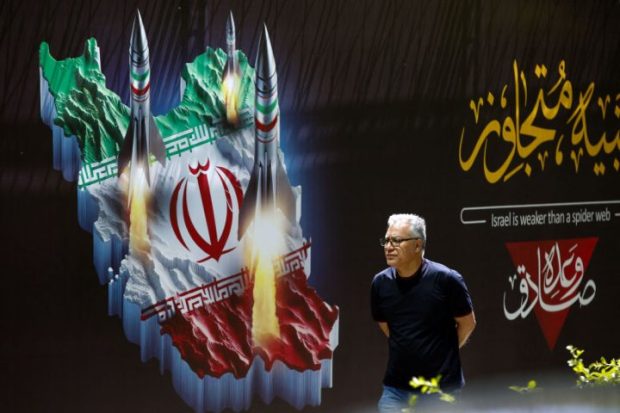
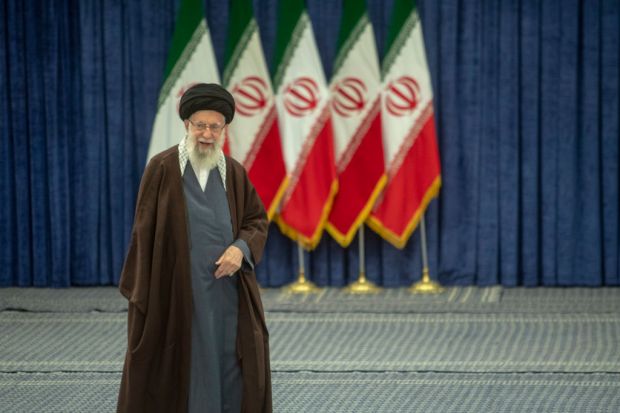
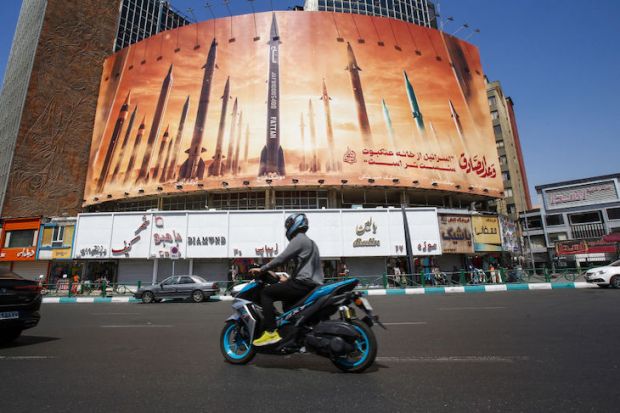
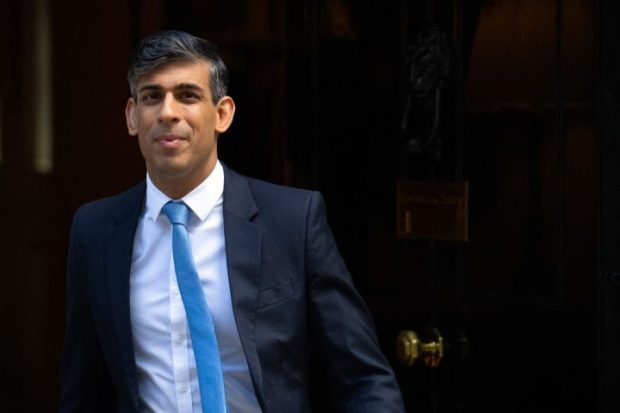
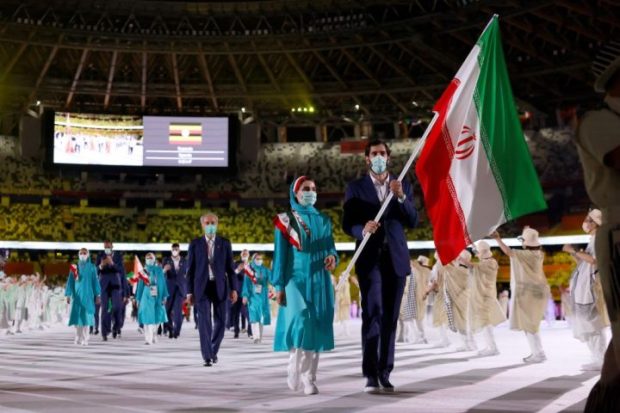












Comments
Don't miss out
Join the conversation with other Spectator Australia readers. Subscribe to leave a comment.
SUBSCRIBEAlready a subscriber? Log in